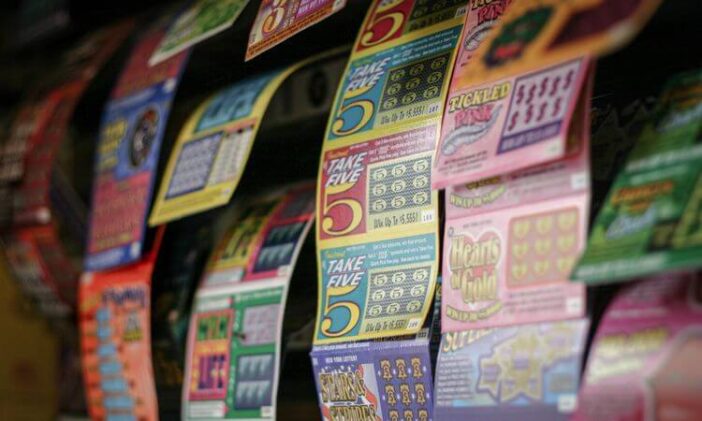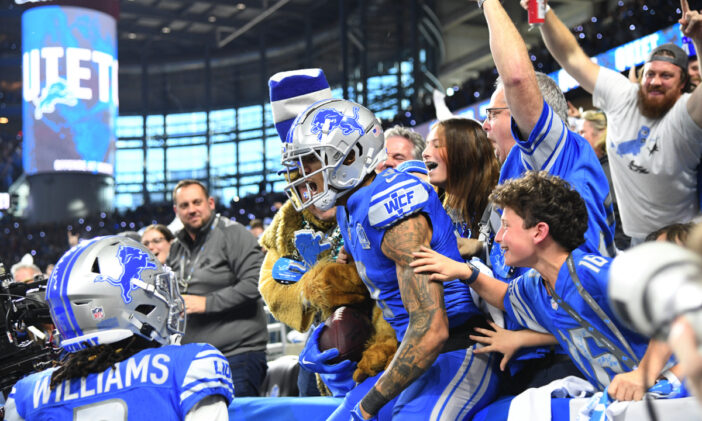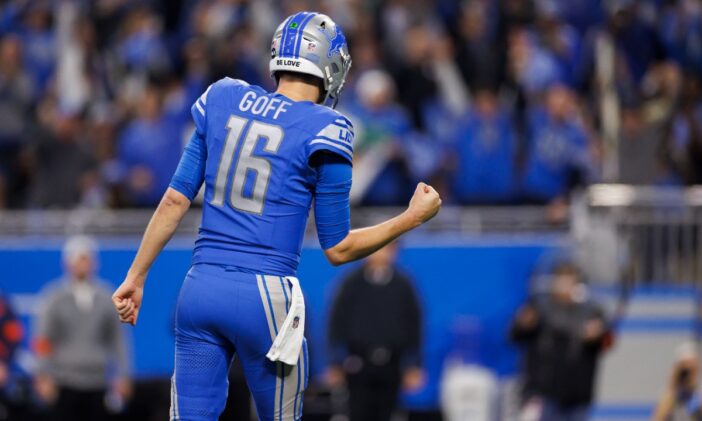A recent investigation of state lotteries found that lottery retailers are disproportionately located in lower-income communities. The findings of the investigation, which was conducted by the Howard Center for Investigative Journalism at the University of Maryland, provide interesting tidbits of information related to Michigan.
A Howard Center article written as part of a team project highlights a lottery customer from Michigan, who lives in a neighborhood that has a poverty rate nearly triple the state average. While one lottery customer being from a poor neighborhood is just an anecdotal example, the investigation found that neighborhoods in Michigan with lottery retailers have a median poverty rate close to double the rate of areas without lottery retailers.
It’s worth noting that some customers travel to locations outside their neighborhoods to play lottery games. Lottery retailers in lower-income communities still have customers from higher-income neighborhoods, but the Howard Center’s investigation found that retail lottery customers across the country typically play locally.
Lottery revenue benefits education
The Howard Center article specifically criticizes Michigan’s education funding formula for doing too little to assist school districts most in need. That’s relevant to the Michigan Lottery, because the agency’s profits go to the state’s School Aid Fund.
“Studies show the state’s education funding formula is inequitable,” the article said. “Michigan received a grade of ‘D’ for how it allocates funding to low-poverty districts, according to a 2021 report from the Education Law Center … the report classified 15 states as regressive, which meant high-poverty districts received as much as a third less per student than their low-poverty counterparts.”
According to the Michigan Lottery website, the state lottery contributed over $1.4 billion to the state’s School Aid Fund in the 2021 fiscal year.
Michigan’s booming iGaming business
In addition to physical lottery sales, online sports betting and online casinos are two significant money makers for Michigan, and a portion of tax revenue from online sports wagering and online casinos also contributes to Michigan’s School Aid Fund. Online casinos have surpassed expectations for revenue generation from around the entire state.
An increase in legal online gambling platforms can boost tax revenue for states (which can mean increased funding for educational measures in Michigan), but easier access to gaming options also may bring the potential for increased gambling addiction. Many states (including Michigan) with legalized sports betting and online casinos allocate some portion of their tax revenue to problem gaming initiatives, hoping to provide help for those who need it.
As the Howard Center’s examination shows, the presence of lottery retailers can harm some members of lower-income communities as lottery players typically lose money. The investigation raised meaningful questions about gambling in Michigan and beyond.
Have online gaming options like sports betting or online casinos positively affected Michigan’s education funding? Is gambling addiction increasing in lower-income Michigan communities at a higher rate than higher-income neighborhoods? Is money allocated to problem gambling initiatives making a significant impact on Michiganders with gambling problems?
Those are just some of the issues to consider about the relationship between widespread legal gambling platforms and lower-income communities, as pointed out by the lottery investigation.
Photo: Shutterstock





